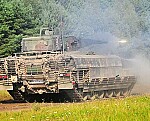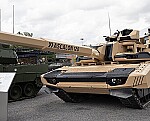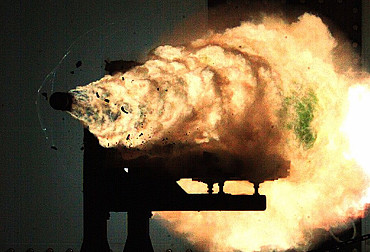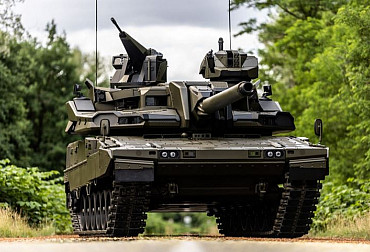South Korean politicians push for nuclear capability amid security concerns
The debate over South Korea’s potential nuclear armament has reignited following a significant remark by U.S. President Donald Trump. On his first day in office, Trump referred to North Korea as a “nuclear power,” a statement that has fueled discussions in South Korea about its own nuclear strategy.
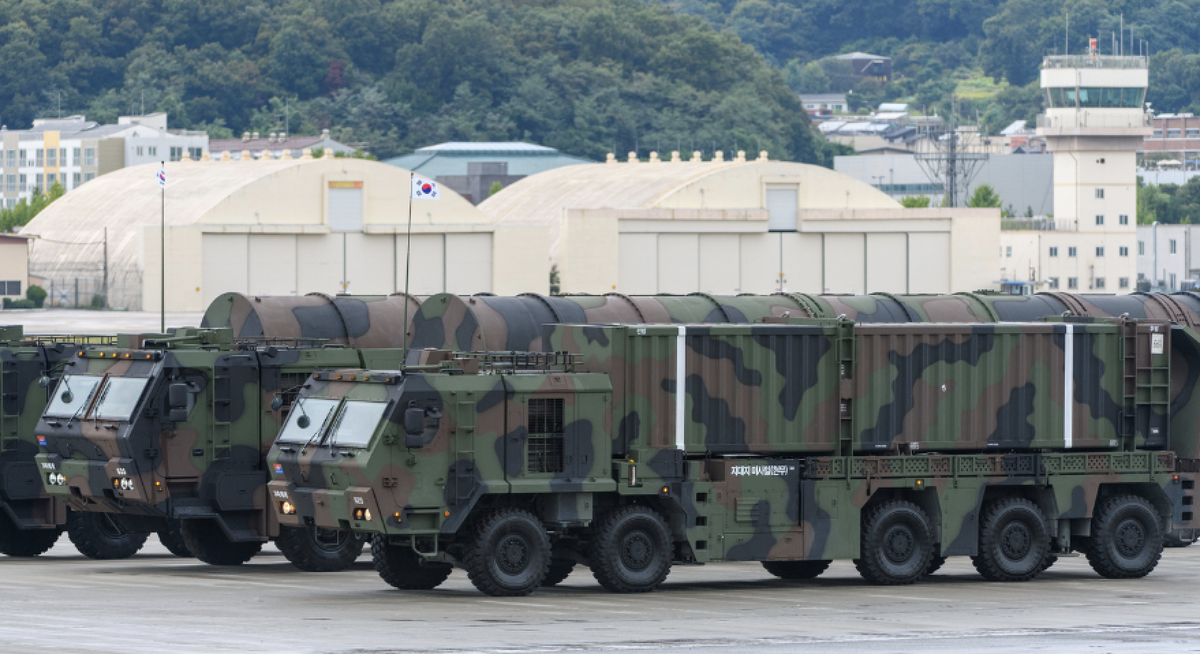
Renewed Political Debate
This comment has prompted South Korean political leaders, particularly within the ruling People Power Party (PPP), to reconsider the country’s nuclear policy. Several lawmakers have voiced support for South Korea developing its own nuclear capabilities, citing growing regional security threats and uncertainty about U.S. commitments to South Korean defense.
Representative Na Kyung-won, a strong advocate for nuclear armament, emphasized the urgency of the matter. In a social media post, she stated, “Since President Trump referred to North Korea as a ‘nuclear power’ in his inaugural address, we must begin discussions and procedures for nuclear balance on the Korean Peninsula.” Na, who attended Trump’s inauguration and engaged with U.S. lawmakers, suggested that more American officials are beginning to acknowledge South Korea’s nuclear ambitions as a feasible option.
Similarly, Representative Yoon Sang-hyun warned that if negotiations between the U.S. and North Korea lead to merely freezing Pyongyang’s nuclear program rather than dismantling it, South Korea would have no choice but to consider nuclear armament. “It would be a catastrophe for South Korea,” he stated during a press conference on January 24, reinforcing the urgency of the situation.
Political and Public Support
Prominent political figures, including Seoul Mayor Oh Se-hoon, Daegu Mayor Hong Joon-pyo, and former lawmaker Yoo Seung-min, have also endorsed the idea of nuclear balance. Oh stressed that nuclear armament should be considered a strategic option, while Hong argued that achieving nuclear parity with North Korea is the only way to counter Pyongyang’s threats. Yoo took it a step further, suggesting that if the U.S. officially recognizes North Korea’s nuclear status, South Korea should push for its own nuclear development by amending its nuclear agreement with Washington.
Public sentiment appears to align with these political calls for nuclear self-reliance. A Korea Institute for National Unification (KINU) survey conducted in June 2024 found that 66% of respondents supported the idea of South Korea developing its own nuclear weapons, a notable increase from 60.2% in 2023.
Challenges to Nuclear Armament
Despite growing domestic support, several obstacles stand in the way of South Korea’s nuclear ambitions. Experts warn that the geopolitical and legal challenges are formidable.
Professor Park Won-gon of Ewha Womans University noted that South Korea’s nuclear development would require either U.S. approval or a fundamental collapse of the global non-proliferation regime established by the 1968 Treaty on the Non-Proliferation of Nuclear Weapons (NPT). He argued that unless the U.S. abandons or significantly weakens its extended deterrence strategy, South Korea’s nuclear aspirations remain premature.
International opposition to South Korea’s nuclear ambitions is also evident. A KINU survey conducted in December 2024 across eight countries, including the U.S., Japan, Australia, the U.K., France, Germany, Poland, and Vietnam, revealed that 50.2% of respondents opposed South Korea’s nuclear armament, even in response to North Korea’s growing nuclear threat.
Nuclear Rhetoric as Diplomatic Leverage
While the feasibility of South Korea acquiring nuclear weapons remains low, some experts believe that raising the issue in political discourse could serve as a valuable bargaining tool. Yoo Sung-ok, chairman of the Korea Institute for National Security Strategy, suggested that while actual nuclear armament remains unlikely due to the U.S.-South Korea alliance and NPT constraints, discussing the possibility could strengthen Seoul’s position in negotiations with both Washington and Pyongyang.
“It is a dangerous argument when made by diplomatic authorities, but in political circles, it can be a useful tool to counter a potential U.S.-North Korea ‘small deal’ or to pressure Washington in future nuclear negotiations,” Yoo explained.
Professor Shin Yul of Myongji University also supported this strategy. “If Washington is willing to suspend joint military exercises to engage in dialogue with Kim Jong Un, Seoul must also send a message that it is considering nuclear self-reliance,” he said.
The Future of South Korea’s Nuclear Debate
Trump’s approach to North Korea has raised concerns in Seoul that Washington may ultimately accept Pyongyang’s nuclear status, altering the security balance on the Korean Peninsula. The renewed debate over South Korea’s nuclear armament reflects broader anxieties over the future of U.S. security commitments and the credibility of extended deterrence.
As South Korea faces increasing regional security threats, the push for nuclear capability remains a contentious yet significant issue in the nation’s political discourse. Whether Seoul will take concrete steps toward nuclear development or continue using the rhetoric as a diplomatic tool remains to be seen, but the debate is unlikely to fade anytime soon.





